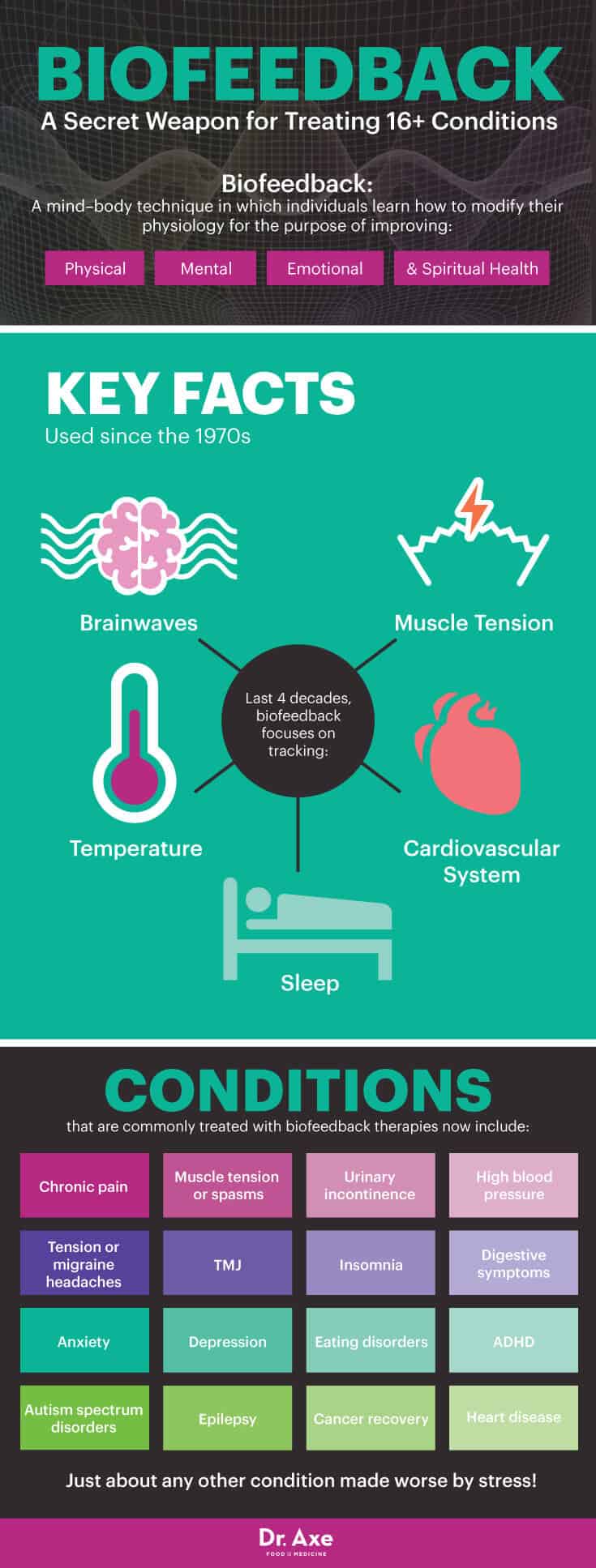Revealing the Secrets of the Mind Through Quantitative EEG Cerebral Mapping in Mental Wellness Assessment
Revealing the Secrets of the Mind Through Quantitative EEG Cerebral Mapping in Mental Wellness Assessment
Blog Article
Understanding the individual mind is a challenging task, particularly when it pertains to psychological health. Conventional approaches of assessment frequently depend on conversations and questionnaires, which can sometimes overlook crucial aspects about how the mind functions. This is where qEEG brainwave analysis, or qEEG, comes into play. qEEG is a specialized technique that assesses neural signals in the brain. By analyzing these brainwaves, mental health professionals can obtain important insights into a individual's mental state, helping to enhance diagnosis and treatment.
qEEG works by applying small electrodes on the scalp to record brain signals. These electrodes detect electrical impulses produced by nerve cells, the cells in the brain that communicate with each other. The information gathered is then analyzed and displayed as a set of patterns. Each kind of brainwave—such as alpha, β, delta, and θ—relates to various mental conditions and activities. For instance, alpha waves are commonly linked with relaxation, while beta waves are associated to engaged thinking and problem-solving. By examining these trends, healthcare providers can identify irregularities that may suggest mental health issues.
One of the significant benefits of qEEG is its capability to offer objective data. In contrast to traditional evaluations that rely on subjective reports from clients, qEEG provides a distinct picture of brain function. This objectivity can assist minimize prejudices in diagnosis and lead to more precise intervention strategies. For example, if a patient is experiencing anxiety, qEEG can reveal specific trends of neural function that are linked with stress conditions. This information allows psychological health experts to customize treatments more efficiently, whether through therapy, medication, or other treatments.
Additionally, qEEG can be especially useful in monitoring intervention progress. By conducting qEEG assessments at different points during therapy, healthcare providers can monitor variations in neural function over period. This ongoing assessment assists determine whether a treatment is effective or if adjustments are needed. For example, if a patient is not responding find more information to a particular medication, qEEG may show that their neural activity has not altered in a way that indicates improvement. This feedback loop can lead to more personalized and effective psychological health treatment.
In summary, qEEG cerebral mapping is a powerful instrument in the field of psychological health evaluation. By offering unbiased information about neural function, it improves the comprehension of different psychological health disorders. This method not only assists in precise diagnosis but also assists in monitoring treatment effectiveness. As mental health professionals continue to explore the potential of qEEG, it possesses promise for improving the lives of individuals facing psychological health challenges. With continuous investigation and progress in techniques, the secrets of the brain may become clearer, leading to better outcomes for those in need of support.